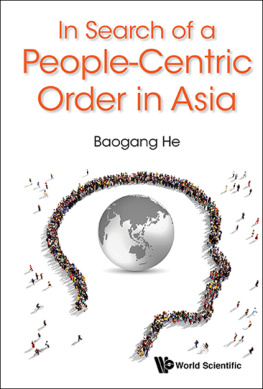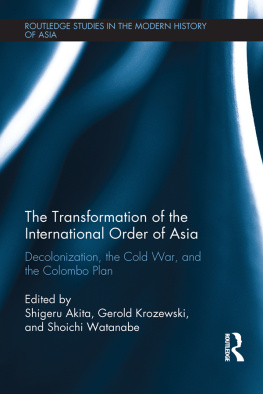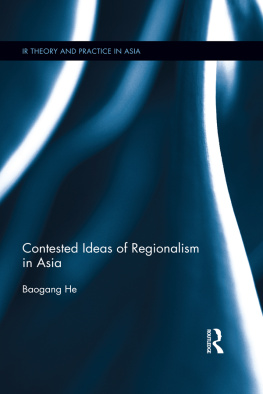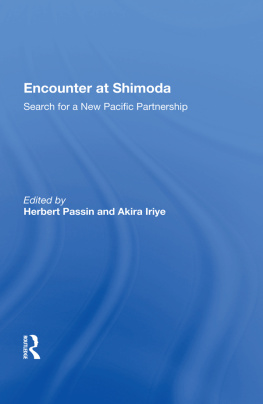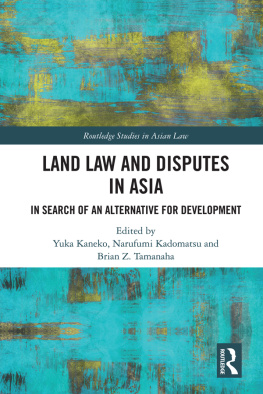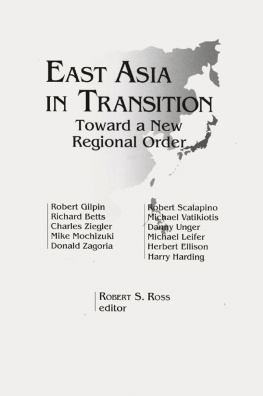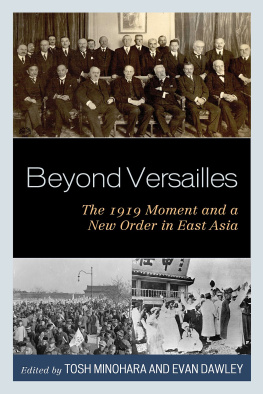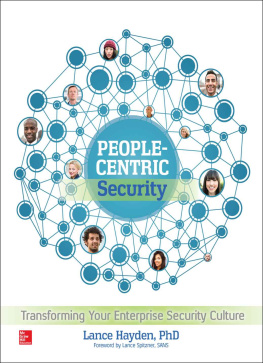Published by
World Scientific Publishing Co. Pte. Ltd.
5 Toh Tuck Link, Singapore 596224
USA office: 27 Warren Street, Suite 401-402, Hackensack, NJ 07601
UK office: 57 Shelton Street, Covent Garden, London WC2H 9HE
British Library Cataloguing-in-Publication Data
A catalogue record for this book is available from the British Library.
IN SEARCH OF A PEOPLE-CENTRIC ORDER IN ASIA
Copyright 2017 by World Scientific Publishing Co. Pte. Ltd.
All rights reserved. This book, or parts thereof, may not be reproduced in any form or by any means, electronic or mechanical, including photocopying, recording or any information storage and retrieval system now known or to be invented, without written permission from the publisher.
For photocopying of material in this volume, please pay a copying fee through the Copyright Clearance Center, Inc., 222 Rosewood Drive, Danvers, MA 01923, USA. In this case permission to photocopy is not required from the publisher.
ISBN 978-981-3109-76-6
Desk Editor: Jiang Yulin
Typeset by Stallion Press
Email:
Printed in Singapore
Acknowledgments
I express my sincere thanks to a large number of Asian scholars, policy-makers and ordinary citizens who have shared their thoughts, insights and daily experiences with me during numerous field trips to Asian countries. The idea of a people-centric order, the main theme of this book, has come from, and has been reinforced by, my conversations with many Asian citizens who insist upon the importance of peoplehood. I would like to thank Christine Standish, Yingjie Guo, Kingsley Edney, Su Wei, Becky Shelle, and Eric Zhang for their assistance. The book benefits from delightful conversations with Steven Lukes, Nic Craith Mairead, Gungwu Wang, Michael Dowdle, Garrett Brown, Katherine Morton, Gerard Delanty, Chung-ying Cheng, and Benjamin Wong. I would also like to thank Barry Hindess, Will Kymlicka, April Carter, Liew Ten Chin, Sor-hoon Tan, and Daniel Bell for their comments on cultural equality chapter; and David Held, Robert Walker, Nicola Piper, Anders Uhlin, Geoff Stokes, and April Carter for their comments on global citizenship and cosmopolitan democracy. I would like to thank Mr. Qi Xiao who invited me to submit my manuscript to World Scientific Publishing. For the preparation of the final manuscript, I would like to thank Dr. Tai Wei Lim for his research and updated materials for several chapters, Dr. Laura Allison for her updating, editing and referencing, and Ms. Clara Chng for changing the formatting and referencing. I would like to express my special appreciation to Singapore where I have spent almost eight years in three different time periods, and where I formulated and developed the main ideas of the book. Singapore is a wonderful meeting point between East and West and is also the knowledge hub in Asia; from which I have been inspired by many discussions and conversations in a variety of conferences and workshops. The Ministry of Education, Singapore, and Nanyang Technological University have provided generous grants. The following institutes are also acknowledged for their various forms of assistance. The East Asian Institute at the National University of Singapore offered me senior researcher fellowships between 20002004 when I first wrote the early drafts of several chapters of this book. The School of Humanities and Social Sciences at Nanyang Technological University, Singapore, offered me professorship and the headship of Public Policy and Global Affair program from 2013. It is at NTU where I completed this manuscript in 2015. Also, the School of Government at the University of Tasmania and the School of Political Science and International Studies at Deakin University have been supporting my research work on a daily basis; and special thanks goes to Beverly Brill, Della Clark, Kate Walpole, David Owen, and Helen Andrew.
Finally, I would like to thank my wife, Suxing, my daughter, Melinda, and my son, Andrew, for their daily support.
I would also like to thank the following publishers and journals for permitting me to reproduce some materials. All are revised and updated substantively.
He, Baogang, 2002, Cosmopolitan Democracy and the National Identity Question in Europe and East Asia, International Relations of the East-Pacific, vol. 2, pp. 4768.
He, Baogang, 2002, Referenda as a Solution to the National Identity/Boundary Question: An Empirical Critique of the Theoretical Literature, Alternatives: Global, Local, Political , vol. 27, no. 1, pp. 6797.
He, Baogang, 2004, World Citizenship and Transnational Activism in Transnational Activism in Asia , eds. N Piper and A Uhlin, London: Routledge, pp. 7893.
He, Baogang, 2004, Transnational Civil Society and the National Identity Question in East Asia, Global Governance: A Review of Multilateralism and International Organizations , vol. 10, no. 2, pp. 227246.
He, Baogang and Hannah Murphy-Gregory, 2007, The Role of International Non-Governmental Organisations in Constructing Global Social Contracts: Global Social Justice at the WTO?, International Affairs, vol. 83, no. 4, pp. 707727.
Delanty, Gerard and Baogang He, 2008, Cosmopolitan Perspectives on European and Asian Transnationalism, International Sociology , vol. 23, no. 3, pp. 323344.
He, Baogang, 2011, The Contested Politics of Asian Responses to Indigenous Rights, International Journal on Minority and Group Rights, vol. 18, pp. 461478.
He, Baogang and Kevin Brown, 2012, An Empirical World of Cosmopolitan Asia in Handbook of Cosmopolitanism Studies , ed. G. Delanty, London: Routledge, pp. 427442.
Introduction
Although they are very old cultures (Chinese, Indian, Japanese, Thai, Khmer), Asian countries have not developed an Asian soft power or attractive political ideology comparable to Europe or the U.S. While there are individual important success stories in Asia like ancient Chinese culture and Chinese food, Japanese sushi, manga, K-pop and Indian spirituality, the uniting Asia thread seems to be missing.
Michael Reiterer (2014: 396)
The rising domination of the West for over five centuries has witnessed wars, invasions, and the colonization of the world, and, ironically, the development of normative ideas concerning a just world order. These ideas include the termination of slavery, the end of colonialism, international support for self-determination, and the advocacy of minority rights. While there is some hypocrisy concerning moral teachings and advocacy, the achievement of this normative order is impressive.


 Professor Baogang He is Alfred Deakin Professor, Chair in International Relations at Deakin University, Australia, and the head of Public Policy and Global Affairs program at Nanyang Technological University, Singapore. Graduated with PhD in Political Science from Australian National University in 1994, Professor He has become widely known for his work in Chinese democratization and politics, in particular the deliberative politics in China.
Professor Baogang He is Alfred Deakin Professor, Chair in International Relations at Deakin University, Australia, and the head of Public Policy and Global Affairs program at Nanyang Technological University, Singapore. Graduated with PhD in Political Science from Australian National University in 1994, Professor He has become widely known for his work in Chinese democratization and politics, in particular the deliberative politics in China.
